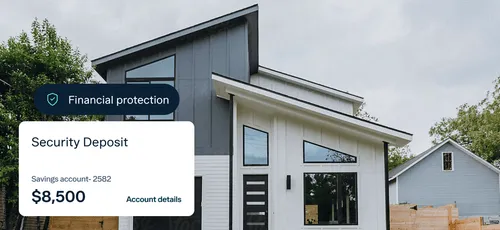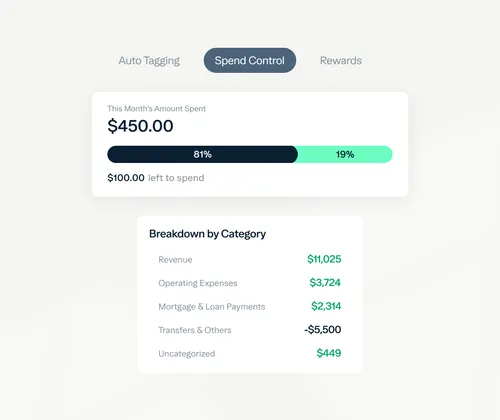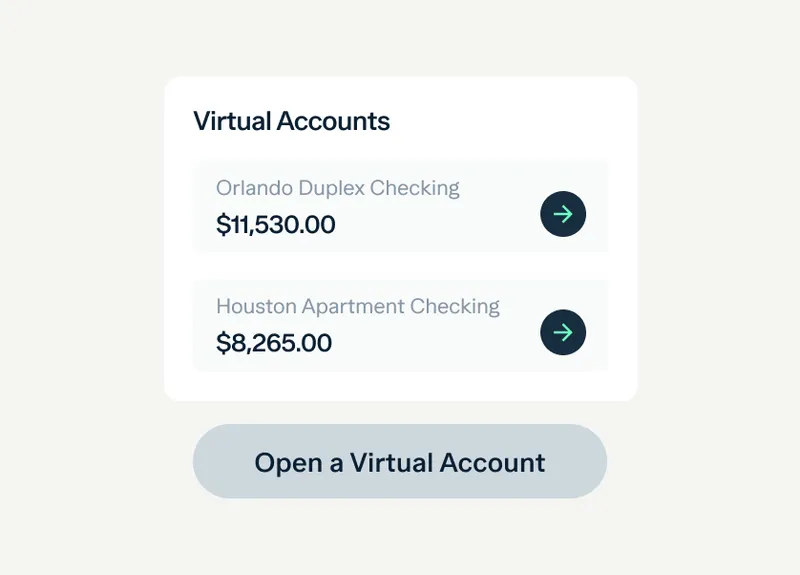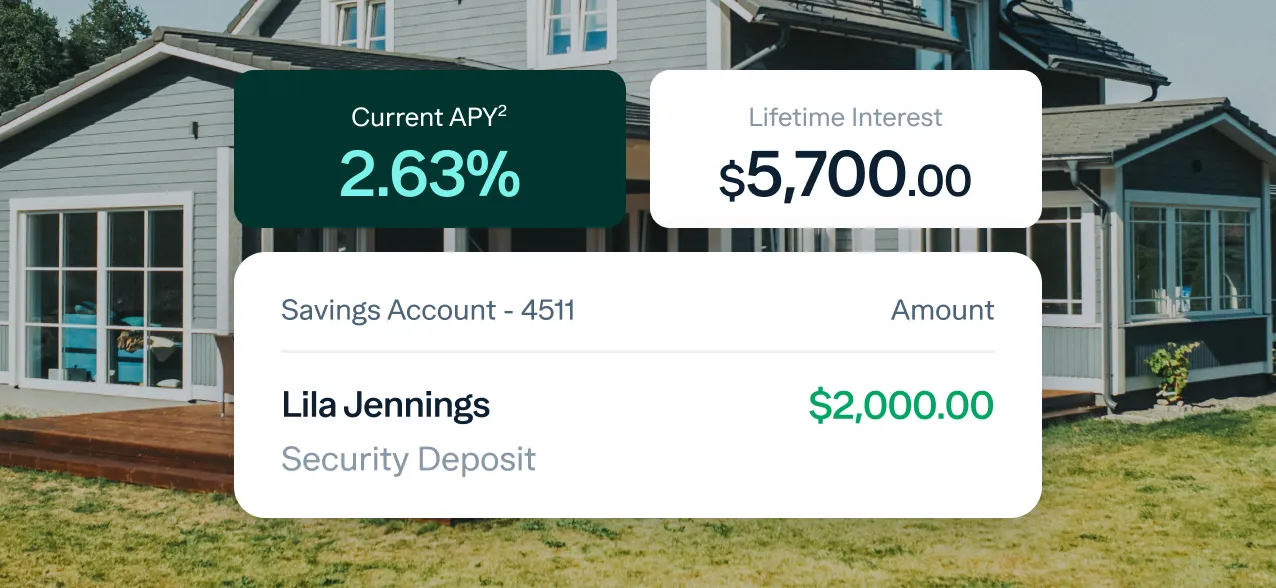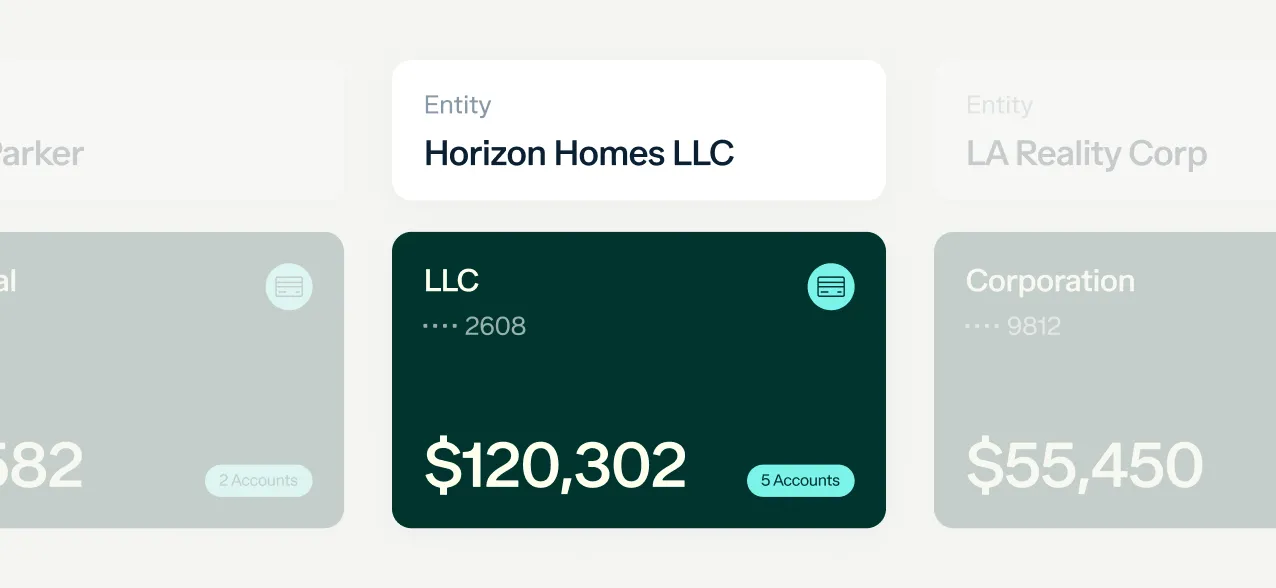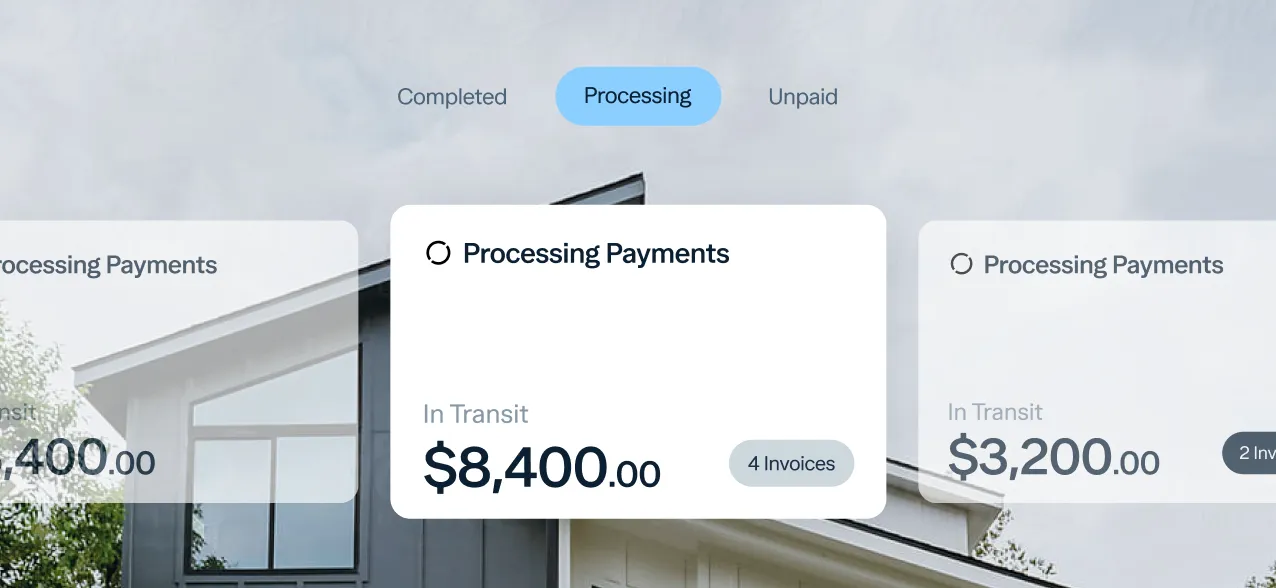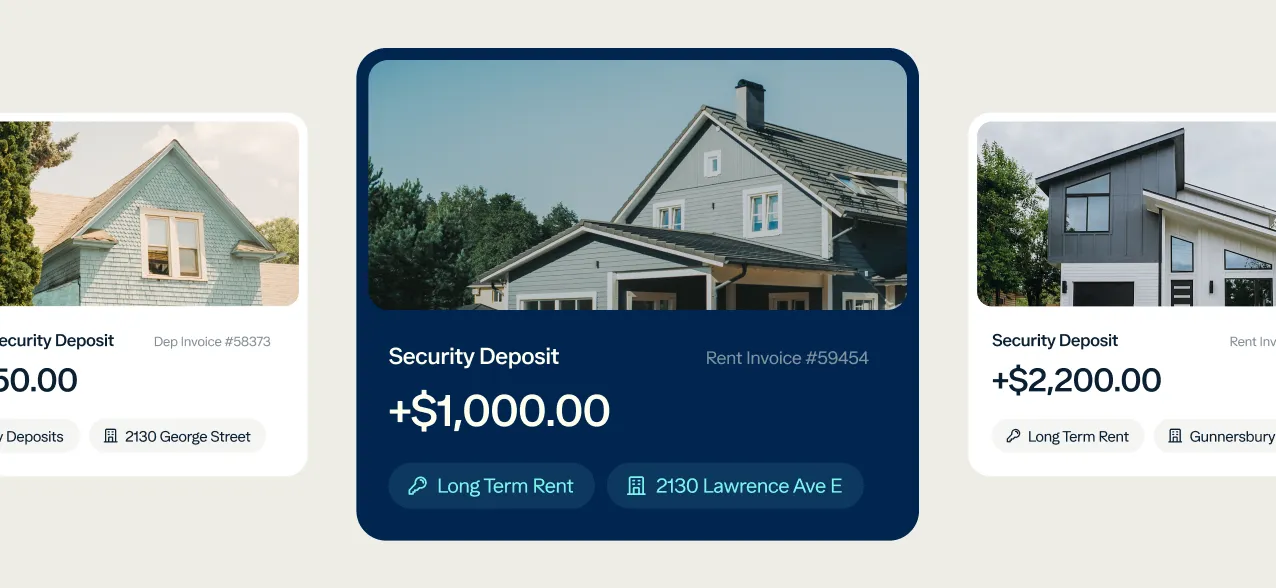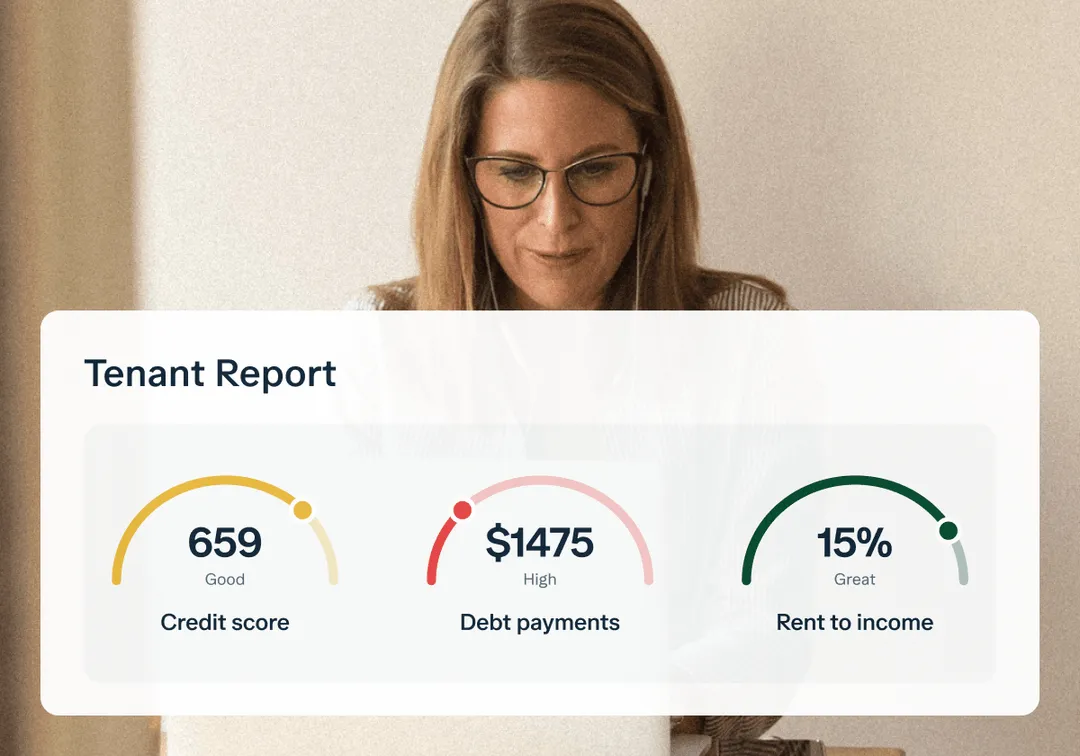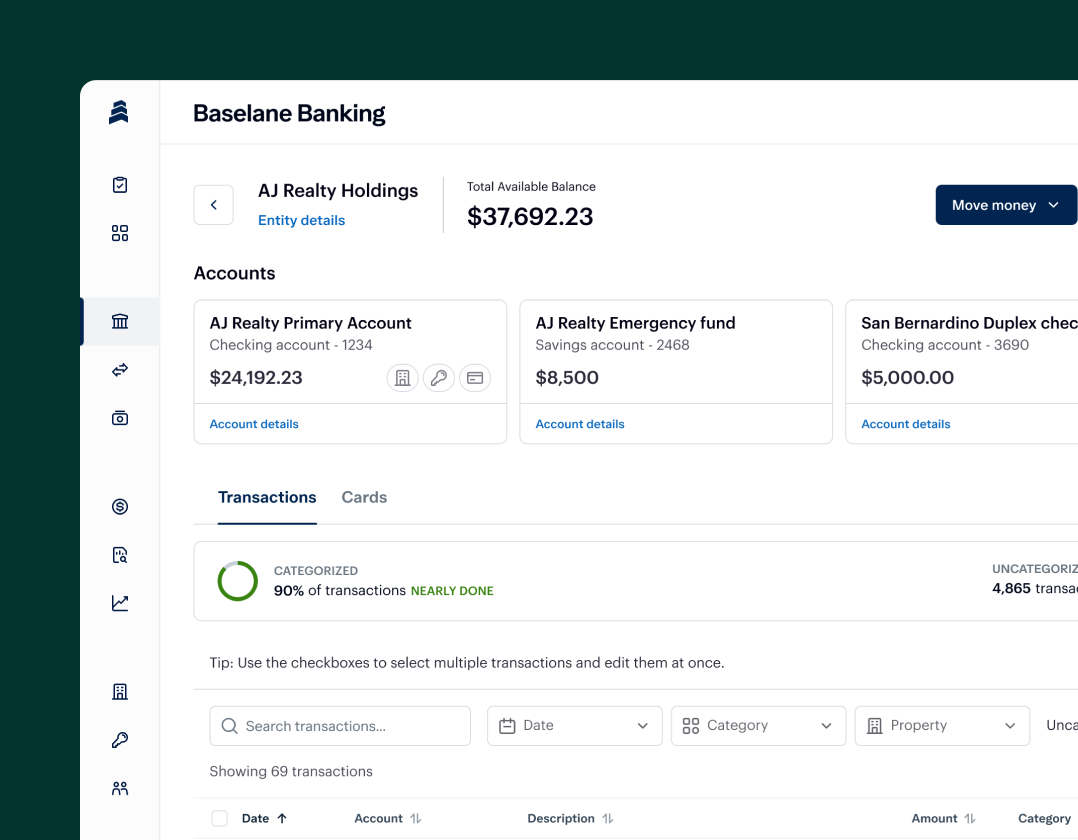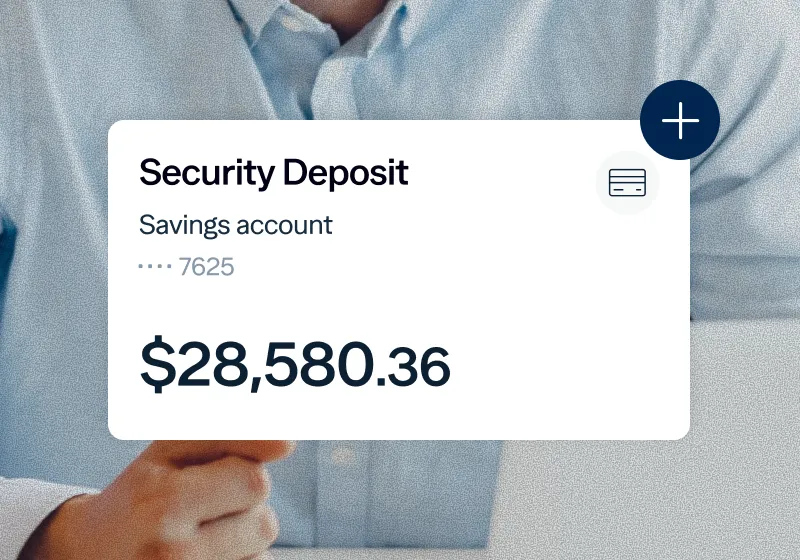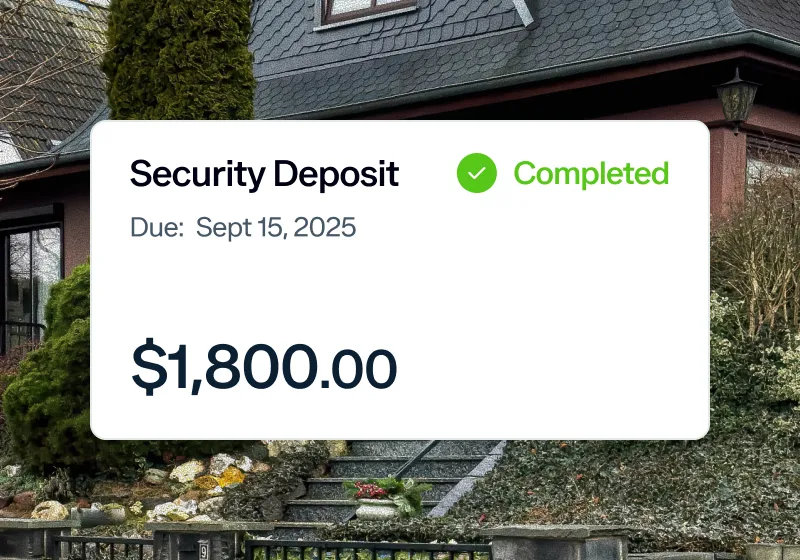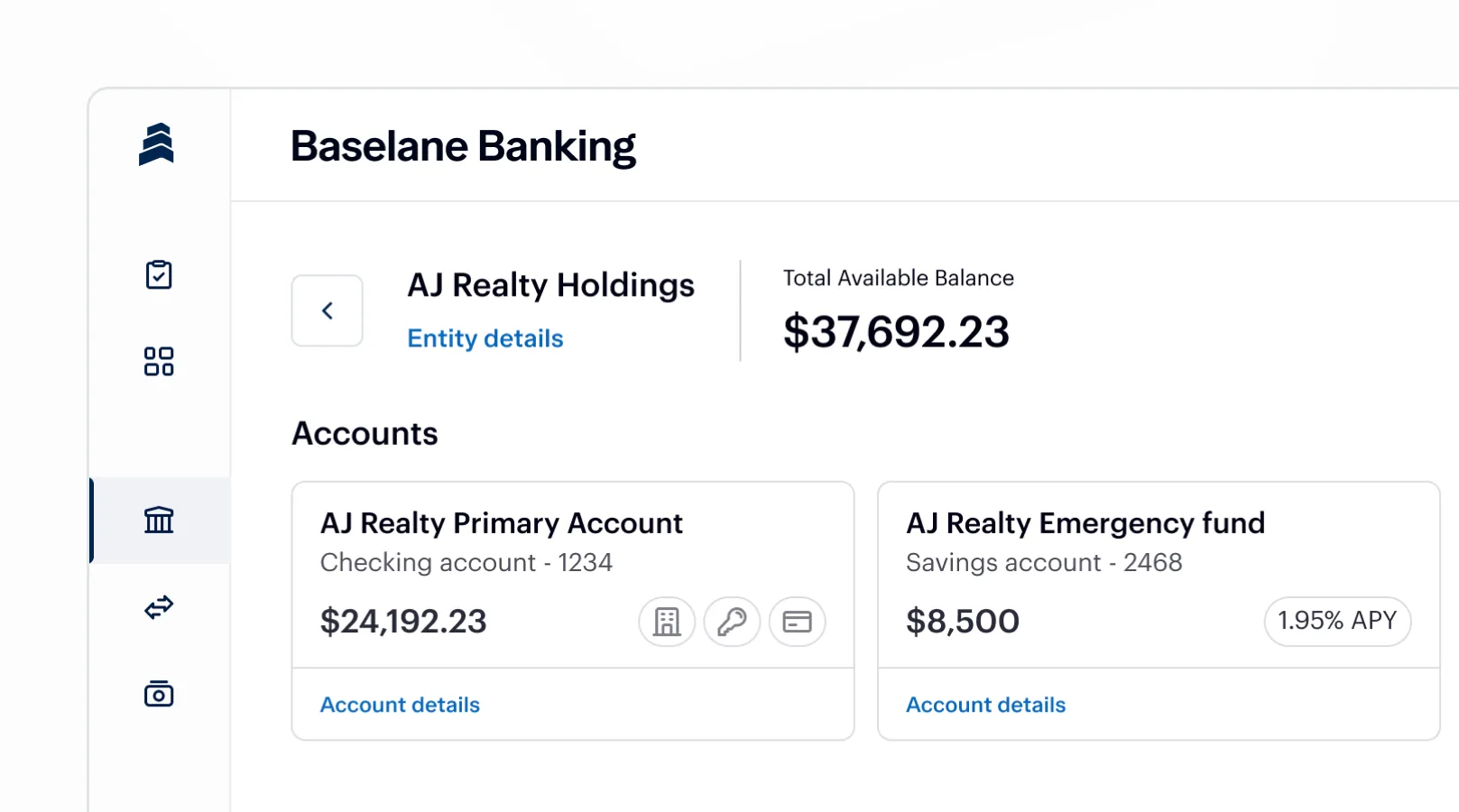Landlords are allowed to charge a maximum of 1.5 months' rent as a security deposit for unfurnished apartments and a maximum of 2 months' rent for furnished apartments (N.J.S.A. 46:8-21.1).
Security deposit rules in {{ state }}
Limit: In New Jersey, landlords may collect a tenant security deposit of up to one and a half months’ rent for the initial lease term. For each renewal or yearly extension, the landlord may increase the tenant deposit by no more than 10% of the current amount. The total deposit must be clearly stated in the lease agreement, and it must be managed through a proper security deposit bank account in New Jersey to comply with the state’s strict landlord-tenant laws.
Return Deadline: The landlord must return the tenant security deposit, along with any accrued interest, within 30 days after the tenant vacates the property. If the rental unit was vacated due to a fire, flood, or other emergency, the return period is shortened to 5 days. If deductions are made, the landlord must include a written, itemized statement of damages and related charges. Failure to comply can make the landlord liable for double the amount wrongfully withheld, plus court and attorney fees.
Acceptable Deductions: The tenant security deposit may be applied toward unpaid rent, late fees, damages beyond normal wear and tear, or cleaning and repair expenses necessary to restore the rental property to its pre-lease condition. The landlord must provide documentation—such as receipts or written estimates—for all deductions made from the tenant deposit.
Where to Deposit: New Jersey law requires landlords to hold all tenant deposits in a separate, interest-bearing escrow account at a state or federally chartered bank located in New Jersey. The landlord must provide the tenant with written notice within 30 days of receiving the deposit, specifying the bank name, address, account type, and current security deposit interest rate. Interest must be paid annually to the tenant, either as a direct payment or as a rent credit. Managing funds through a security deposit escrow account in New Jersey or a landlord tenant security deposit bank account in New Jersey ensures compliance with state law and provides transparency and protection for tenant funds.

